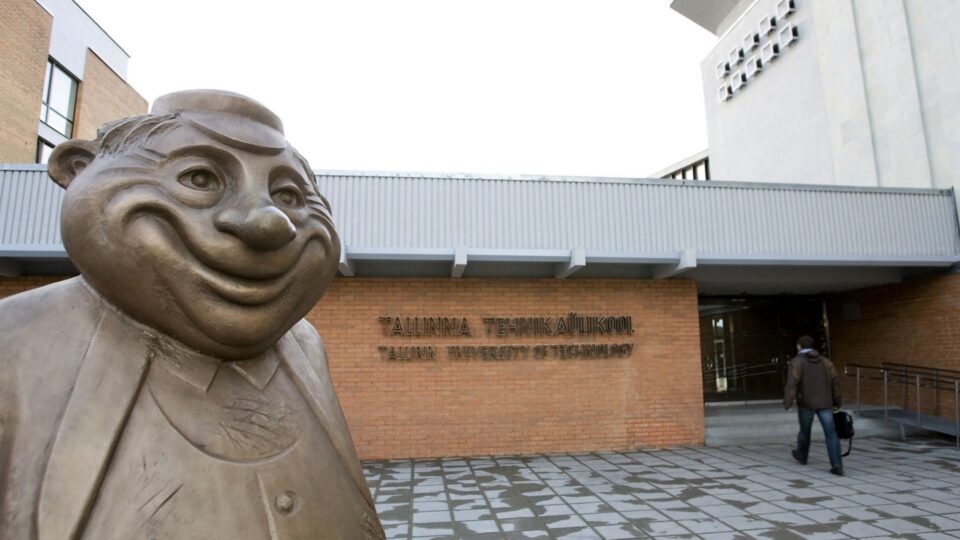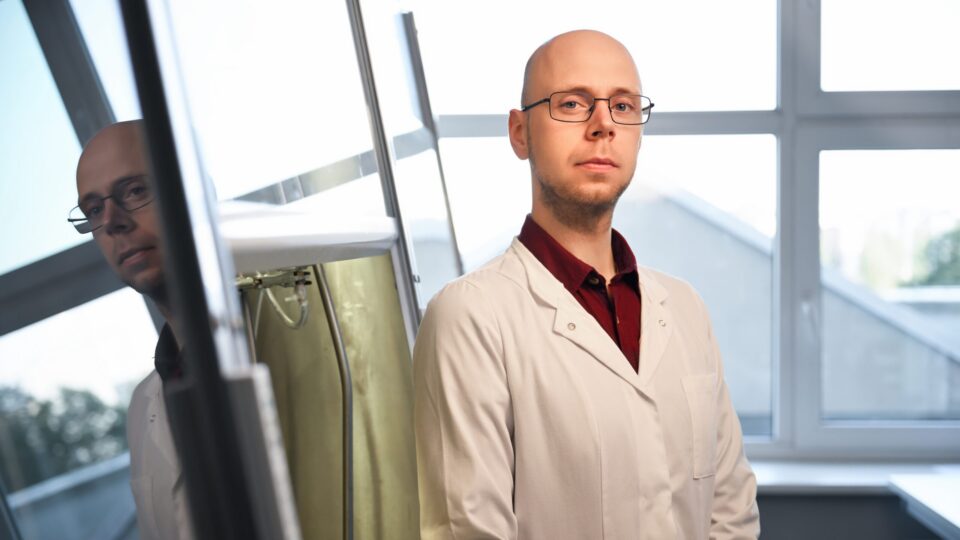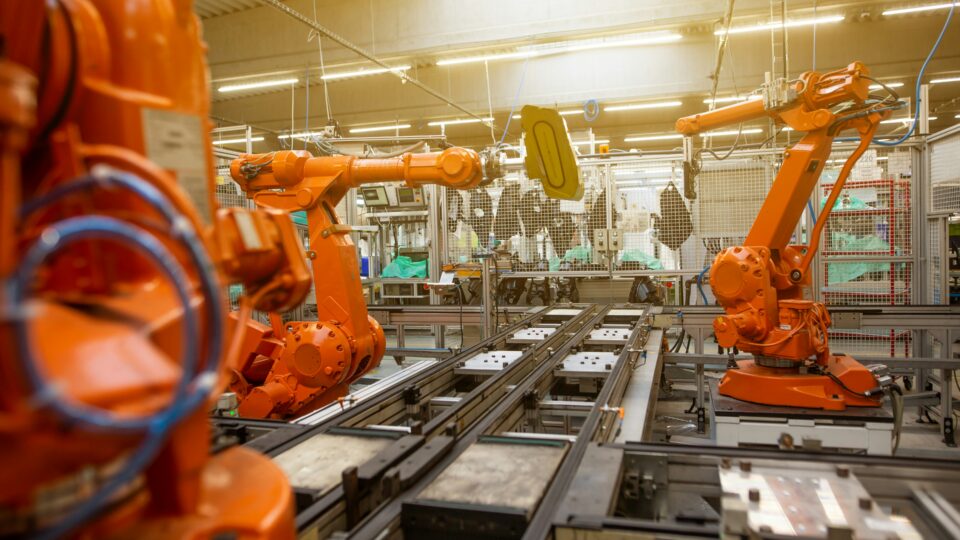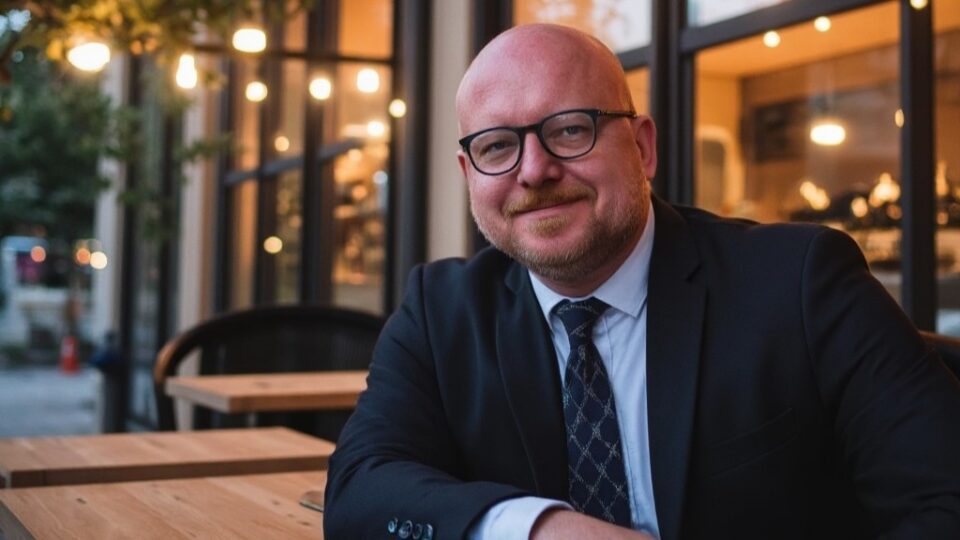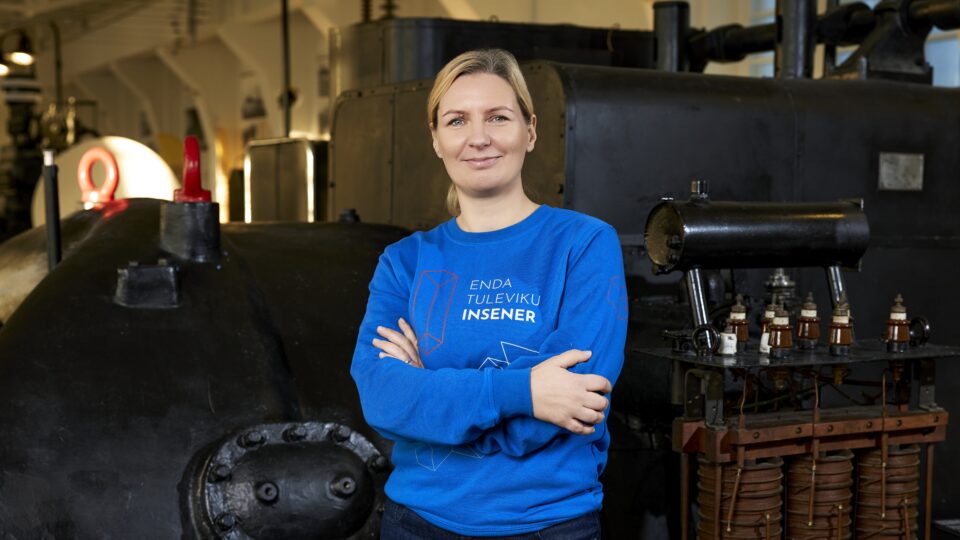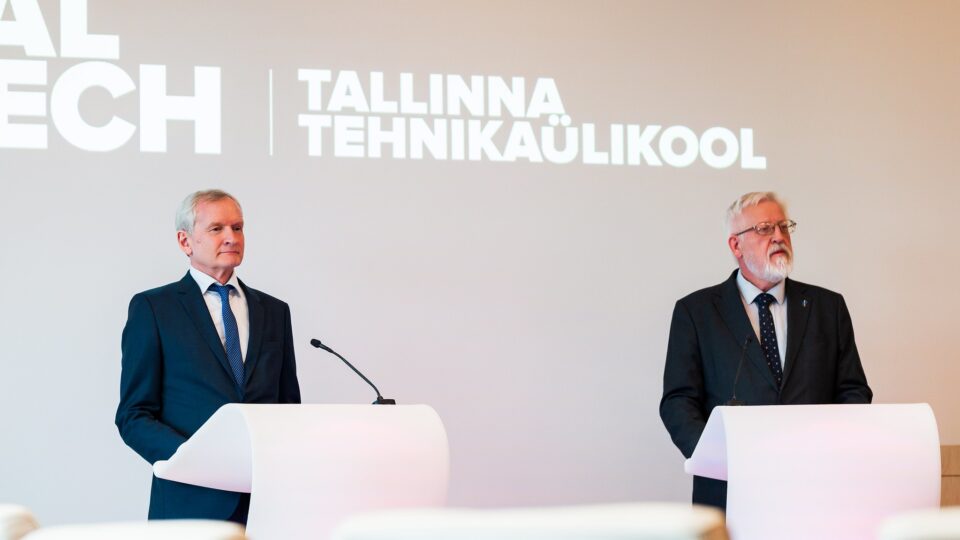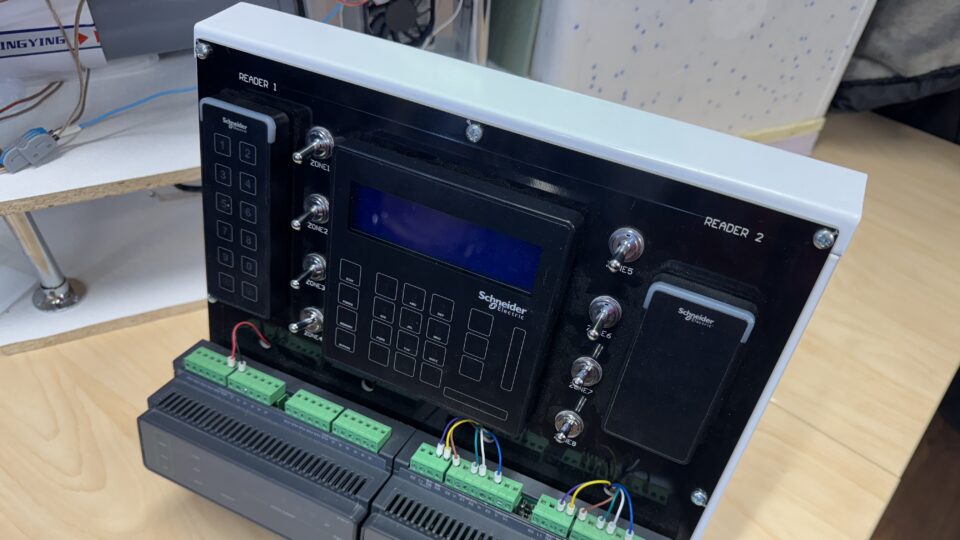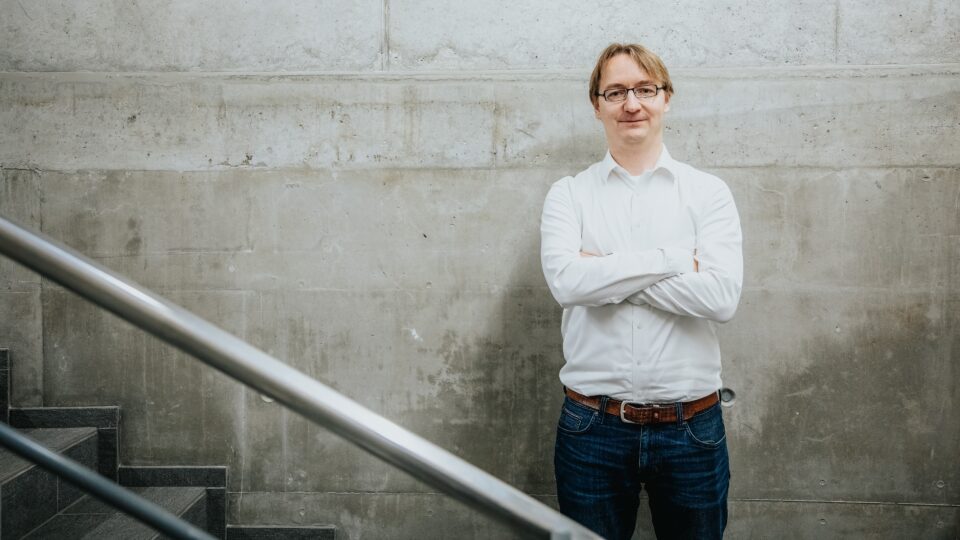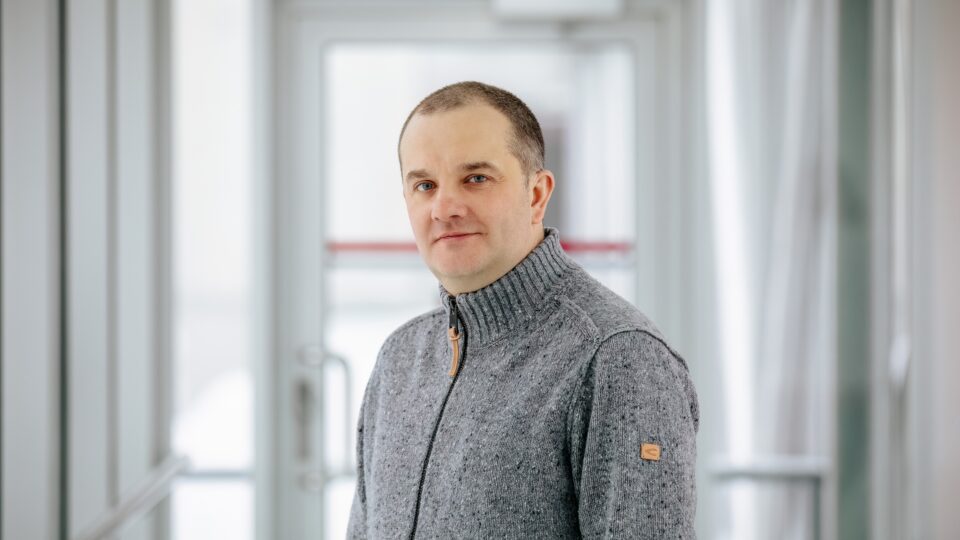How can TalTech be shaped over the next decade into a driving force that cultivates engineers, generates technologies, and connects science with entrepreneurship? This question was tackled during the TalTech development strategy discussion “TalTech 2035 – Estonia’s Growth Platform of the Future?” by Vice-Rector for Entrepreneurship Erik Puura, Tehnopol CEO Agnes Roos, Head of the Innovation and Technology Department at the Ministry of Economic Affairs and Communications Sigrid Rajalo, and TalTech Council member and CFO of the tech company Helmes, Madis Margus.
Education
International researchers bring new ideas and fresh perspectives to Estonian science. But can our research and working environment offer enough support to attract talent to Estonia – and, just as importantly, to make them stay?
Andri Haran, the CEO of The Federation of Estonian Engineering sees great potential in the future of smart industry but acknowledges that the progress towards digitalization and automation in Estonian industry is uneven.
The future in which our children will live doesn’t ask if we are ready – it simply arrives, and we must decide what role we leave for humans in it.
Young people don’t choose a career in a vacuum – they are influenced by teachers, role models, and societal attitudes. To inspire more of them, especially girls, to pursue engineering and ICT, these fields need to be visible and familiar well before the moment of decision.
In May, a new rector will be elected at Tallinn University of Technology. The candidates are the current rector Tiit Land and academician and marine scientist Tarmo Soomere. You can watch the rector candidates' debate live on April 25 at 2:00 PM via Trialoog.
Tallinn University of Technology will host a public debate between its two rector candidates, Tarmo Soomere and Tiit Land, on Friday, 25 April, from 2.00 to 4.00 p.m. in the university’s main assembly hall; Trialoog will live broadcast the debate.
Collaboration with Schneider Electric Eesti AS is elevating the education at TalTech’s Tartu College to a new, more hands-on and real-world level.
Estonia needs a new leap in development in the age of artificial intelligence – and the key figures in this are AI engineers who know how to develop and steer future technologies.
Artificial intelligence has established itself, but its true role in our society is still unfolding – and universities play a decisive part in this.
